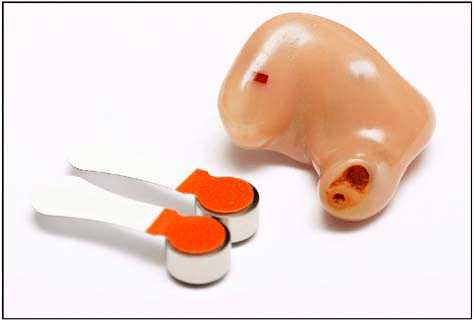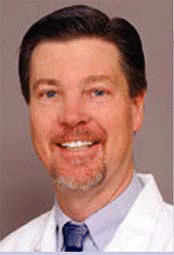TORONTO-An estimated 31 million Americans are affected by some level of hearing loss and, as the population ages, that number will continue to rise. That equates to a steadily increasing demand for hearing aids, which in turn equates to an increasing demand for health care professionals qualified to dispense those hearing aids. And who, more than an otolaryngologist, is qualified and better positioned to step up and meet that demand? Answer: No one.
Explore This Issue
November 2006That was the consensus of a panel of hearing loss experts, who convened to discuss the subject at the recent American Academy of Otolaryngology-Head and Neck Surgery (AAO-HNS) annual meeting here.
Hearing aids are well within the scope of practice for the otolaryngologist, probably more so than any professional in the industry, said Brad H. Volkmer, MBA, President and CEO of EPIC Hearing Health Care, who served as moderator for the discussion.
Indeed, an AAO-HNS survey found that most otolaryngology practices do have an audiologist working within the practice, and approximately 68 to 70% of otolaryngology practices currently dispense hearing aids.
Unfortunately, in most of those practices, it’s a well-kept secret, said J. Douglas Green, Jr., MD, of Jacksonville Hearing and Balance in Jacksonville, FL. It’s not something that the average person on the street would even be aware of-that they could go to their otolaryngologist’s office and get a hearing aid. That’s because, as a specialty, we haven’t done a very good job of making people aware that we do have hearing aids and we do dispense them.
Where are patients currently getting their hearing aids? Some go to their physician, some go to an audiologist, but many go to state-licensed hearing aid specialists, who may or may not have had any formal medical education. And that is arguably not in the best interests of most patients, the panelists agreed.
Advantage: Otolaryngologists
Otolaryngologists are unique in their ability to treat the entire spectrum of hearing loss…and that really sets us apart as a specialty and in our potential to treat patients with hearing loss, Dr. Green said. Often, serious medical problems can be heralded by hearing loss; we’re all aware of unilateral hearing loss and the potential for an acoustic neuroma, for example.

And problems like that can only be addressed when an otolaryngologist is involved in the care of patients who are getting a hearing aid.

Leave a Reply